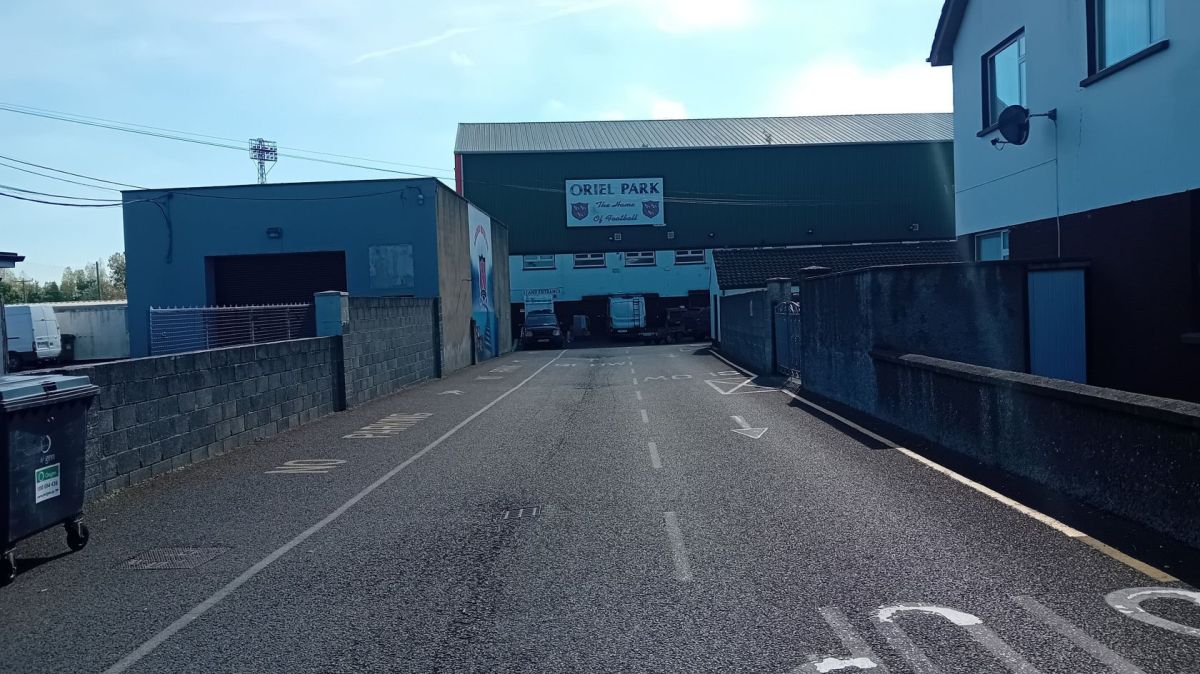Aaron Kelly, founder of the Black Mountain Rewilding Project, found the traps, made from repurposed shopping trolleys, concealed on private land. One of the snares was baited with a dead magpie, rigged to trigger a trapdoor when approached by an animal.
Kelly fears the traps were set to capture foxes alive so they could be used to train hunting dogs. “It’s heartbreaking. I don’t know what kind of person could do something like that,” he said. “We’ve worked hard to restore wildlife here; this kind of cruelty undermines everything.”
The traps were discovered around two months ago, spaced about ten minutes apart. A local landowner helped remove them, and cameras have since been installed to monitor the area. Kelly delayed publicising the discovery to see if further traps would appear. On Thursday, he posted images to Instagram, pleading for an end to such practices. “Leaving an animal to suffer in fear and pain has no place here,” he wrote.
Kelly began the rewilding project during the COVID-19 lockdown, initiating clean-ups and tree planting to restore the area’s natural habitat. The team’s efforts recently encouraged the return of a barn owl to the Belfast hills. “It’s the last truly wild place in the city,” he said.
The Belfast Hills Partnership, which oversees 5,500 hectares of surrounding high ground, condemned the traps. “Snares are banned and completely inhumane,” said operations manager Jo Boylan. The area also faces threats like fly-tipping, badger baiting, and wildfires.
Boylan praised Kelly’s dedication, noting he began as a youth ranger. “He’s a passionate advocate for the hills and the wildfire that depend on them,” she said.















